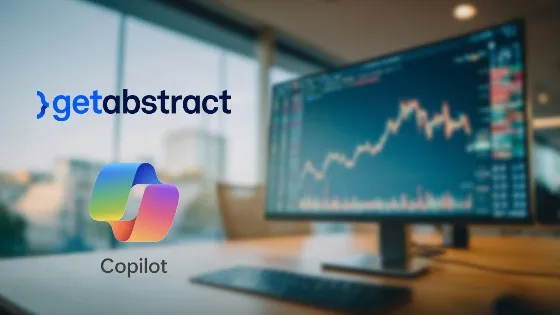The Paradox of Abundance
We live in a golden age of information. Anyone with a browser or chatbot can generate answers, pull data, or spin up a compelling take. But the more content we have, the harder it is to know what to trust… or how to use it well.
This is the knowledge paradox: abundant information, scarce insight. And in high-stakes environments, that gap has serious implications.
The Cost of Shallow Thinking
As Princeton emeritus professor Daniel Kahneman and his co-authors explain in Noise, even seasoned professionals routinely arrive at different conclusions when faced with the same facts. Their judgments are clouded by “noise” – random variability in decision-making.
The result? Inconsistency, inefficiency, and costly errors. Think of two doctors giving different diagnoses based on the same symptoms, or two managers reading the same report and landing on opposite strategies.
Rolf Dobelli’s The Art of Thinking Clearly expands on this concept with a catalog of biases and fallacies – from the sunk cost fallacy to survivorship bias – that quietly distort our reasoning. We fall back on mental shortcuts. We trust fluency over truth. And the more we rely on surface-level takes, the more likely we are to make poor decisions.

What High-Quality Knowledge Enables
Knowledge – when it’s credible, well-curated, and contextual – cuts through that noise. It enables better thinking, clearer choices, and more confident leadership.
As neuroscientist Daniel Levitin explains in The Organized Mind, our brains aren’t built to process the torrent of information we encounter daily. To make sense of complexity and make better decisions, we need systems that help us filter, prioritize, and act with clarity. That’s where curated, high-quality knowledge becomes essential. It reduces noise, aligns attention, and supports sound judgment, especially under pressure.
Whether it’s an expertly written summary, a trusted synthesis of research, or a well-chosen thought leader’s perspective, high-quality knowledge gives people a cognitive edge and a strategic advantage. Utilizing this type of Verified Expert Knowledge ensures that the insights you act on are grounded, not speculative.
Why the Premium Matters
In a market flooded with content, the signal-to-noise ratio has never been worse. But professionals still need to lead, decide, and act under pressure. The right knowledge, delivered clearly and credibly, creates leverage by saving time, reducing risk, and improving consistency.
That’s the true knowledge premium: not just access to more information, but access to trustworthy, expert-verified insights you can use to make better decisions.
As leaders and learning professionals, we should treat high-quality knowledge the way we treat any valuable resource: invest in it. Protect it. Share it. It goes beyond just staying informed. The true value of Verified Expert Knowledge is its ability to help us build more agile, resilient, and intelligent organizations, as well as more thoughtful, engaged, and prepared learners.
Because when everyone’s talking at once, real power lies with those who know where to place their attention and how to truly understand.
Take a deeper dive in the getAbstract library…
Noise by Daniel Kahneman et al.
The Art of Thinking Clearly by Rolf Dobelli
The Organized Mind by Daniel J. Levitin
getAbstract delivers Verified Expert Knowledge that cuts through the noise so your decisions are based on insight, not just information.








